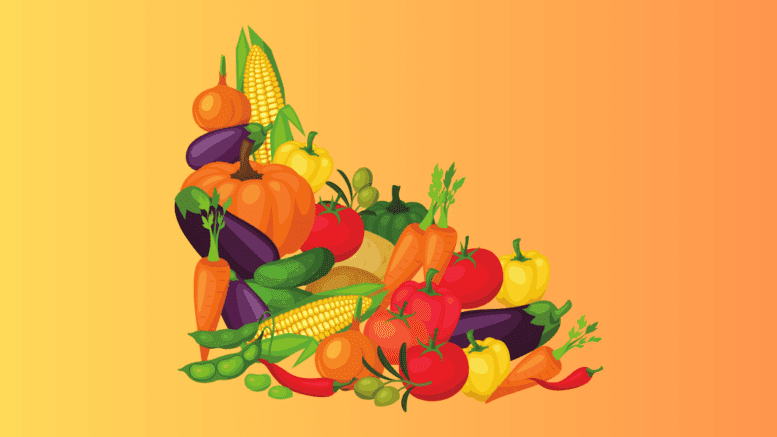Food insecurity is a lack of consistent access to enough food for all members of a family to lead active, healthy lives.
It is a global concern, affecting diverse populations from developing to developed countries.
Food insecurity is not just about hunger, its impact transcends into other aspects of life, creating a vicious cycle of poverty, and poor health, and even affecting learning and development amongst children.
The primary federal program created to fight food insecurity in the U.S. is SNAP, which was formerly referred to as the Food Stamps program.
Sharwin Anwer, an attorney with Cobb Legal Aid, who is also on staff at the Cobb Law Library, gave a talk called “Basics of Food Stamps.” This was part of a public educational series organized by the law library.
“So just a little background,” Anwer began. “Cobb Legal Aid is a nonprofit law firm providing free advice and or assistance to low-income people for many basic civil legal matters.”
“And we do prioritize issues of shelter and safety,” she said. “So the types of cases we handle are: family law, housing, education, special needs and public benefits.”
“We serve low-income individuals, and income eligibility is linked to the federal poverty rate and applicants must live in Cobb County or have a Cobb County case.”
“So when should you call Cobb Legal Aid? You should call us if you’re being evicted, if your landlord refuses to make repairs, if you’re experiencing domestic violence, if your disabled child’s educational needs are not being met, or if your public benefits are being terminated,” she said.
What is SNAP?
Anwer explained what the SNAP program does.
“SNAP stands for Supplemental Nutrition Assistance Program,” she said. “And it’s essentially financial assistance for food.”
“It’s administered by the Division of Family and Children’s Services, which is also commonly known as DFACS,” he said.
Who is eligible for SNAP benefits?
She said that when determining eligibility for SNAP benefits, DFACS looks at the whole family, not at individuals. Who buys and prepares the food, and who the food is benefiting figures into the formula. So when you apply you report on everyone in the household who gets the benefit of the food.
She said there is also a citizenship requirement to receive the benefits, with a few exceptions such as “lawfully admitted permanent residents, asylees, parolees, conditional entrants, Cuban or Haitian entrants, that are refugees, trafficking victims, Iraqi, Afghani, special immigrants.”
Without giving specific numbers, she described the different factors that go into the income requirements. Both gross and net income are taken into account.
The factors determining net income include housing cost, court-ordered child support payments, child/dependent care payments, in the case of people on disability out-of-pocket medical expenses.
If everyone in the household receives Supplemental Security Income (SSI) or Temporary Assistance for Needy Families (TANF) the income requirement is automatically met.
After all factors are considered, the family income has to be at or below 130 percent of the federal poverty rate. This means that families with identical income might not have the same eligibility for SNAP benefits, if their household size is different or there are other differences that affect net income.
There are also resource limits on who can receive SNAP. House and car are not included in the calculations, but most families can’t have bank accounts exceeding $2,500.
Families with a person 60 years or older, or that include someone with a disability can have up to $3,500.
She explained the work requirements which include taking a suitable job if offered, and not voluntarily quitting a job or reducing your work hours to less than 30 hours a week without a good reason.
The exceptions to the work requirements include people with a physical or mental disability, pregnancy, or being under 16 years or over 59 years old.
Anwer went into detail on the process for applying for SNAP benefits, what your rights are under the program, the periodic review process to determine continued eligibility, and the requirement to report changes in the household that might affect eligibility.
For much more detail, and information about how to apply for SNAP, watch the 22-minute presentation we’ve embedded below.
